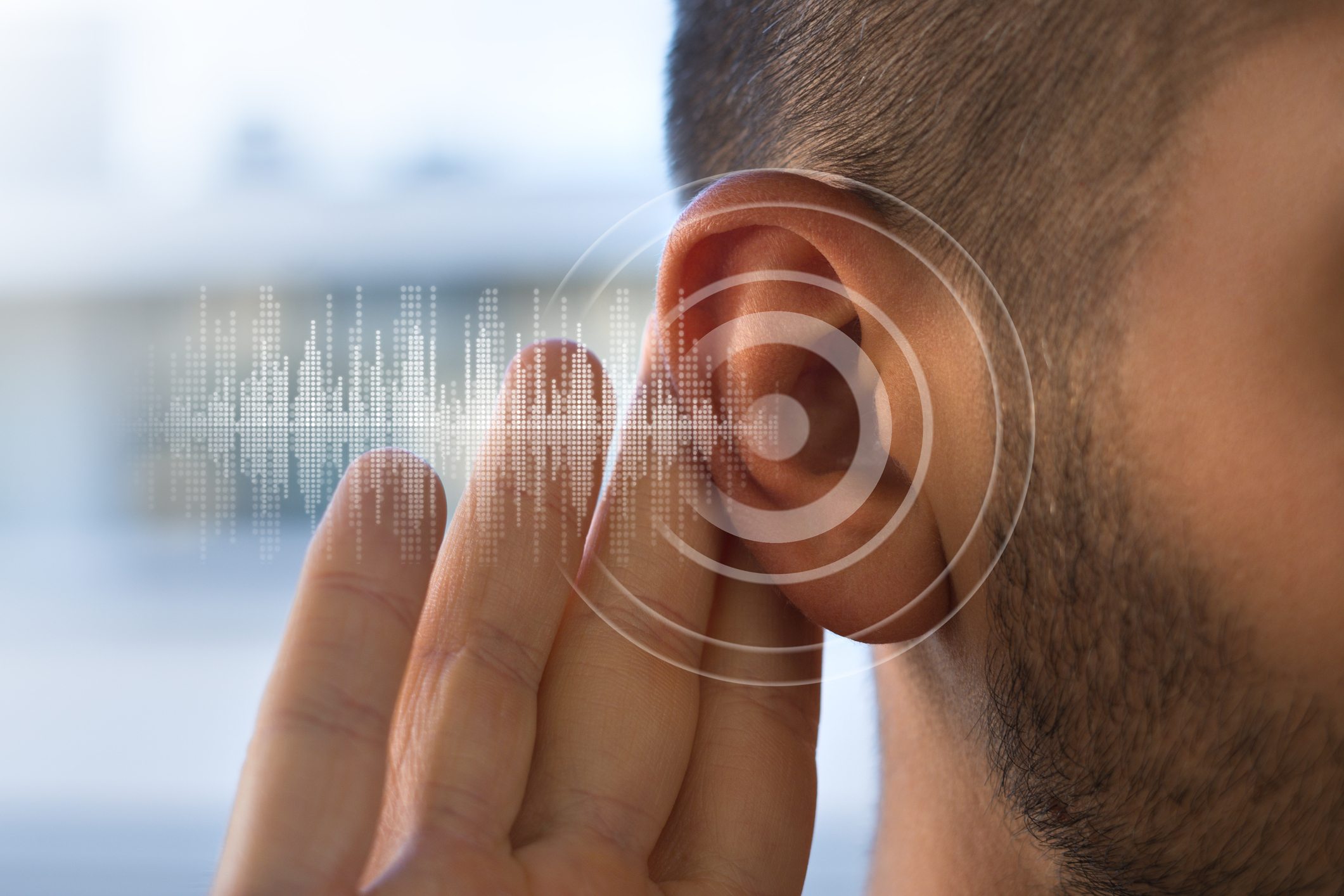Unmasking Hearing Loss: Recognizing the Signs and Seeking Solutions

Hearing loss is a pervasive yet often underestimated condition that affects millions of people worldwide. It can have a profound impact on an individual’s quality of life, relationships, and overall well-being. Unfortunately, many people with hearing loss go undiagnosed and untreated for years, primarily due to a lack of awareness about the signs and available solutions. Keep reading as we unmask the mystery of hearing loss, explore its signs, and discuss the importance of seeking solutions.
Understanding Hearing Loss
Hearing is a complex process that involves the ears, brain, and nervous system working together to process sound. When this process is disrupted, hearing loss occurs. Hearing loss can be categorized into two main types: conductive and sensorineural.
- Conductive Hearing Loss: This type of hearing loss is often caused by problems in the ear canal or middle ear. Common causes include earwax blockages, ear infections, or structural issues. Conductive hearing loss can usually be treated medically or surgically.
- Sensorineural Hearing Loss: Sensorineural hearing loss is the most common type and typically results from damage to the inner ear or auditory nerve. Aging, exposure to loud noises, genetic factors, and certain medications are common causes. Sensorineural hearing loss is often permanent but can be managed with hearing aids or cochlear implants.
Recognizing the Signs
Hearing loss can manifest in different ways, and its symptoms may vary from person to person. Here are some common signs to look out for:
- Difficulty in Conversations: Individuals with hearing loss often struggle to follow conversations, especially in noisy environments. They may ask others to repeat themselves frequently or misunderstand what is being said.
- Turning Up the Volume: If you find yourself constantly increasing the volume on your TV, radio, or electronic devices, it could be a sign of hearing loss. Others around you may also notice that the volume is louder than they find comfortable.
- Ringing in the Ears: Tinnitus, or a persistent ringing, buzzing, or hissing sound in the ears, is often associated with hearing loss. It can be a sign of damage to the inner ear.
- Muffled Sounds: Sounds may become less distinct, making it challenging to hear speech and other noises clearly. You might feel like people are mumbling when they speak.
- Difficulty with Phone Calls: Hearing loss can make phone conversations particularly challenging. If you find it hard to hear or understand callers on the phone, it might be time to consider the possibility of hearing loss.
- Social Withdrawal: Due to the difficulty in communication, individuals with hearing loss may withdraw from social situations, leading to isolation.
Causes of Hearing Loss
Understanding the causes of hearing loss is essential for prevention and treatment. Here are some common factors that contribute to hearing impairment:
- Age-Related Hearing Loss (Presbycusis): This type of hearing loss is a natural part of aging and typically starts around the age of 60. It is often characterized by a gradual decline in hearing ability.
- Noise-Induced Hearing Loss: Prolonged exposure to loud noises, either at work or during recreational activities like concerts or shooting sports, can damage the delicate structures of the inner ear, leading to hearing loss.
- Medical Conditions: Certain medical conditions, such as diabetes, cardiovascular disease, and infections, can affect hearing. Additionally, ear infections and earwax blockages can lead to temporary hearing loss.
- Medications: Some medications, known as ototoxic drugs, can harm the inner ear and cause hearing loss as a side effect.
- Genetics: Genetic factors can play a significant role in hearing loss. Some individuals may inherit a predisposition to hearing problems.
Seeking Solutions
The good news is that there are several effective solutions available to address hearing loss, depending on its type and severity. Here are some common approaches:
- Hearing Aids: Hearing aids are devices designed to amplify sounds and make them more audible to individuals with hearing loss. They come in various styles and can be customized to your specific needs.
- Cochlear Implants: In cases of severe or profound hearing loss, cochlear implants can be a life-changing solution. These electronic devices are surgically implanted and stimulate the auditory nerve directly.
- Assistive Listening Devices: These devices, such as captioned telephones and FM systems, can enhance hearing in specific situations.
- Medications: In some cases, hearing loss caused by infections or specific medical conditions can be treated with medications. It’s important to consult with a trained ENT physical for proper diagnosis and treatment.
- Protective Measures: To prevent noise-induced hearing loss, wear ear protection when exposed to loud environments, such as concerts, construction sites, or shooting ranges.
- Regular Check-ups: Routine visits and hearing evaluations with an ENT specialist or audiologist can help detect hearing loss early and provide guidance on the most suitable solutions.
Recognizing the signs of hearing loss and seeking early intervention is crucial for maintaining a high quality of life. If you suspect you or a loved one may have hearing loss, give us a call at 678-679-5070 to schedule an appointment with one of our providers. By taking action and embracing available treatment options, patients can continue to enjoy the sounds of life and stay connected to the world around them.








 Make an Appointment
Make an Appointment